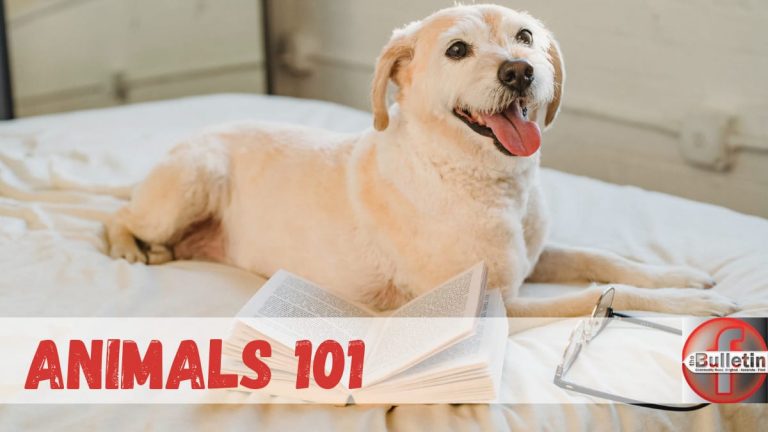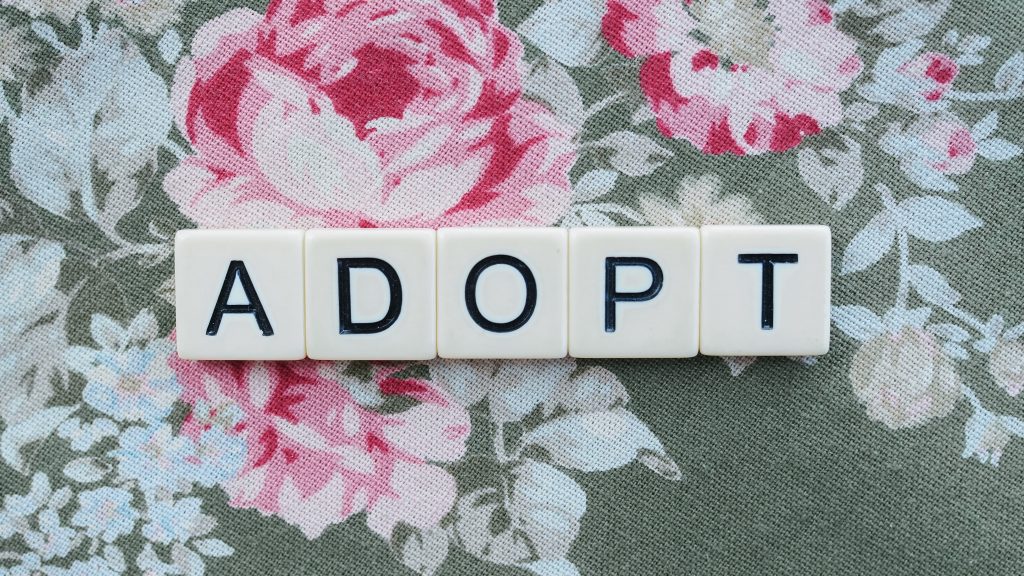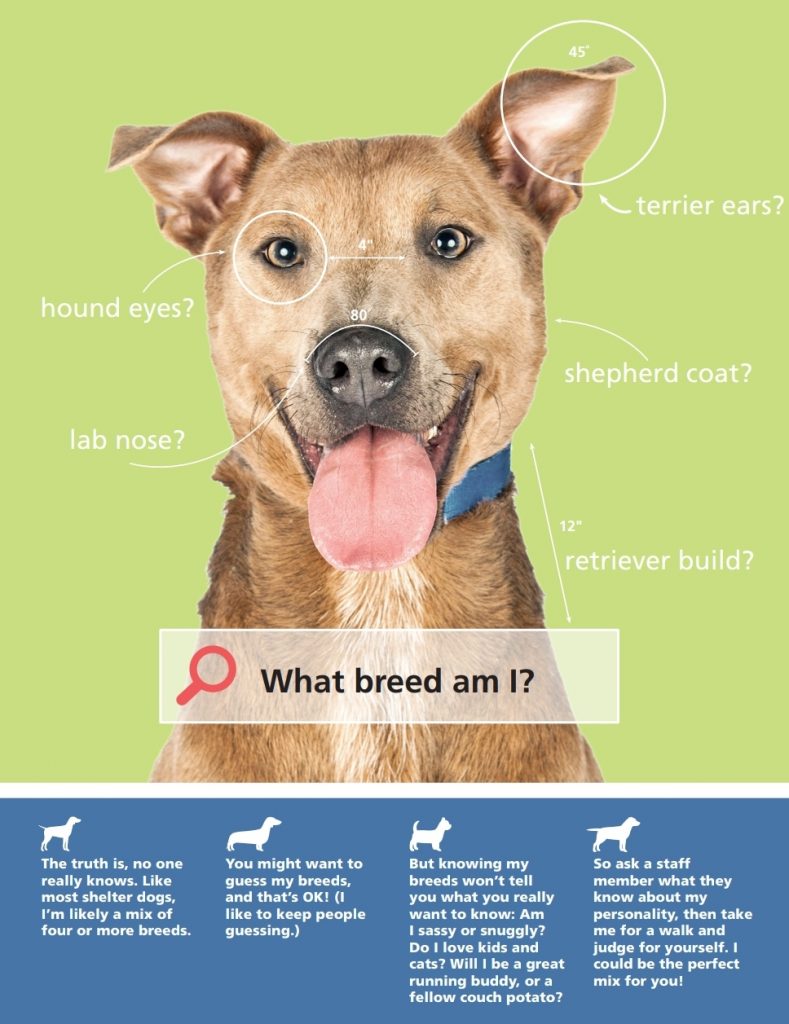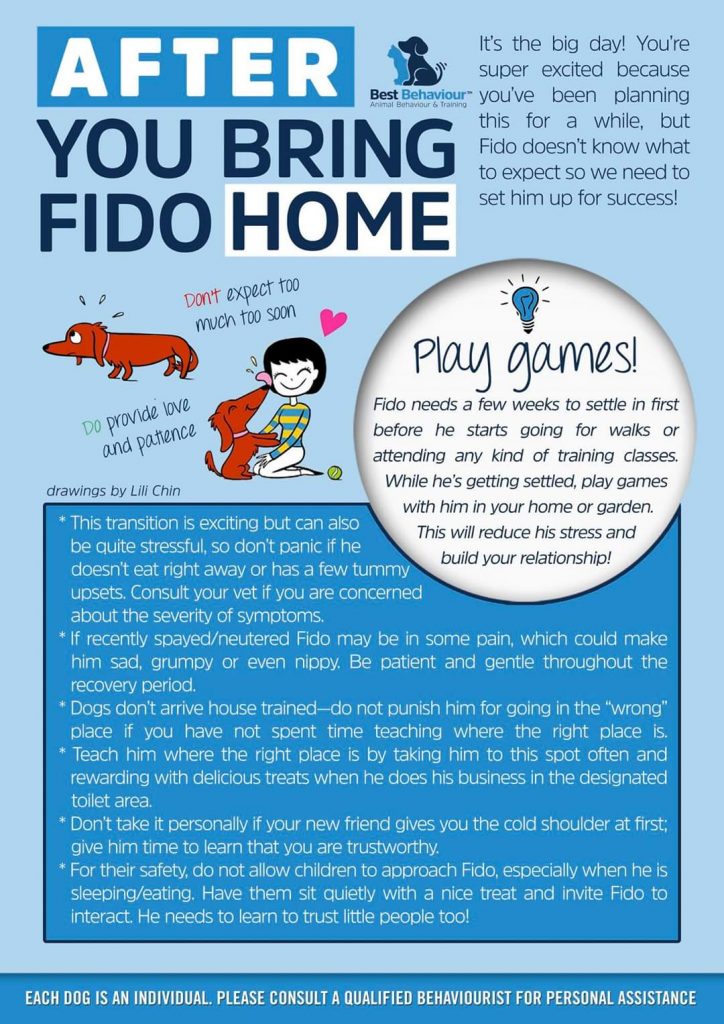
ANIMALS 101 – WHAT CAN YOU EXPECT DURING THE PROCESS OF ADOPTING A PET?
Last week we looked at why it is a great idea to save an animal through adoption and this week we will look at the process of adoption.
The process and policy might differ between organisations. The process usually includes an application form, meet & greet, home check, paying an adoption fee, sign an adoption contract, sterilisation and follow-up. Depending on availability for sterilisation at the Veterinarian or home check schedules, this can be completed in as little as 3 or 4 days.

Irresponsible homing is not rescue! As there are far too many irresponsible organisations as well as scammers out there, we consider it to be a RESPONSIBLE ADOPTION only when it includes the following:
- Organisation must be registered and have a clear adoption policy as well transparency and accountability.
- Must have a comprehensive adoption application.
- Must do a home check in person.
- Must require proof of address and copy of the adopters ID.
- May not allow adoption for someone else as this is highly irresponsible and no reputable and responsible organisation will do this.
- Must have an adoption contract which includes sterilisation policy and return policy.
- Should do follow-up post adoption.
- Meet and greet with all the family members (humans and animals) is important.
- We believe adoption fee should include at least, the sterilisation, deworming, first vaccination , microchip and ID collar.
If it is an individual who is “re-homing” their own dogs or their friend’s, then it is not adoption and they are part of the problem by abusing the term ‘adoption’. Selling animals on Facebook goes against their community standard and should be reported to Facebook and the group admins.

HOME CHECKS
This is one of the most important aspects when it comes to the credibility of responsible animal welfare organisations. As a prospective adopter, you do not have to be afraid of a home check! You might learn some valuable information about being a pet owner or things to look for and so you can help educate others too! You can also build a relationship with a very knowledgeable person which can come in handy in the future. Most organisations will give you time to make the necessary, reasonable changes and still adopt.
SOME HOME CHECK CONSIDERATIONS INCLUDES:
- Access to basic needs like food, water and shelter.
- Fences, swimming pools, neighbour’s animals and surrounding areas.
- Inspection of the other animals in the home, their general condition as well as their behaviour toward their owners and other animals.
- Children and their attitude towards the animals.
If an organisation doesn’t do home checks, they are only a pet shop and you are supporting one of the reasons we have a massive overpopulation crisis on our hands. No matter what they call it!
Also read: ANIMALS 101 – ADOPTING A PET (PART 1)
Organisations get blamed for being too strict when it comes to adoptions. If the process is too ‘hard’ for you, the commitment to the animal for their life will be impossible for you. You must remember that we are responsible for the life of a sentient being, not just an object you buy at the shop and can return or throw away when you are not happy. It is NOT JUST ABOUT A GOOD HOME, BUT ABOUT THE RIGHT PLACEMENT for the animal considering their needs and the availability of resources to meet those needs.
One popular critique is not allowing adoptions when all the animals in the yard are not sterilised. It is a standard practice among reputable rescues to require any existing animals to be sterilised. It is counterintuitive to our mission as rescuers to allow puppies, kittens, or bunnies to be homed where there are unsterilised animals. We would not have this massive overpopulation crisis if people sterilised their pets. It is about responsible pet owners.

REMEMBER
- It may take some time to gain their trust, for them to adjust (3 months at least) and they might be scared at first or for extended periods of time.
- Even if the bond is instant, you don’t know your pet yet, so take the necessary precautions around other people, children and pets and do not introduce them to everyone at once.
- The breed should never be blamed for any issues, it is how you handle the situation. Get some professional help from a trainer if the issues persist.
If you have any concerns or complaints regarding animal welfare organisations please contact THE PAW COMPANY via Facebook.
Next week we will look at having a plan for your pets in case of emergency.
WHEN YOU KNOW BETTER, DO BETTER!